Should You Stop Relying on Your Credit Card? Here’s How to Decide
Credit cards can be incredibly useful, but what happens when they begin to turn into a burden? Perhaps it’s time for a little pause. Check it out!
Are Credit Cards a Helpful Tool or a Financial Trap? It All Depends on You.
How do you know when it’s time to stop using your credit card?

Let’s discuss the key indicators that suggest you might be overusing your credit card — and when it’s wise to take a break.
1. Your Balance is Spiraling Out of Control
If your balance keeps increasing and you can’t pay off your card, it may be time to reassess your spending habits.
Why this is important:
Credit card interest rates in the U.S. can be quite high — often exceeding 20% per year.
What actions to take:
Evaluate your expenses carefully. Are you purchasing only what you truly need?
2. You’re Not Paying Off Your Full Balance Monthly
A major advantage of using credit cards is the chance to pay off the total balance each month and dodge interest fees.
However, if you find yourself consistently making only the minimum payments (or less), that’s a troubling sign. This not only leads to interest accrual but may also impact your credit rating negatively.
Why this is important:
Credit cards make it easy to spend money you can’t immediately repay. The longer you carry a balance, the more interest you accumulate — and it can escalate quickly.
What actions to take:
Ideally, aim to pay off your entire balance each month. If that’s not feasible, consider pausing your card use until you regain control.
3. You’re Accumulating Debt Faster Than You Can Manage
Debt can creep up on you — particularly when you’re using your credit card for regular purchases.
If you’re accumulating more debt each month without a clear strategy to pay it down, that’s a significant concern.
Why it matters:
Using your credit card for daily essentials like groceries or gas may seem harmless, but it can spiral into a significant debt burden.
What to do:
Set up a budget and eliminate unnecessary spending — it may be tough, but it’s essential.
You might have to stop using the card altogether to keep the situation from worsening.
4. You’re Spending on Unnecessary Items
It’s tempting to pull out your card for a night out or that flashy new gadget — even if it’s not a necessity.
If you’re often using your credit card for luxuries rather than needs, it might be time to reevaluate your spending habits.
Why it matters:
Credit cards can lure us into overspending — especially with enticing rewards that make us feel like we’re winning.
However, indulging in non-essential purchases can seriously impact your financial well-being.
What to do:
Change your spending habits. Create a list that distinguishes needs from wants and pledge to use your card solely for essentials.
If necessary, consider freezing your card (either literally or figuratively) or hiding it away while you work on improving your habits.
5. Your Credit Score Is Declining
Your credit score is crucial — failing to make payments or maintaining high balances can severely hurt it.
If you’ve seen a drop in your score, it’s a good moment to reassess your credit card usage.
Why it matters:
A strong credit score enables you to secure lower interest rates for loans, rent apartments, and even obtain certain jobs.
If your spending habits threaten your score, it’s time for a financial wake-up call.
What to do:
Monitor your credit score regularly. If it’s declining due to excessive card usage, take steps: pay off debts, lower your credit utilization, or correct any inaccuracies on your credit report.
Final Thoughts: Should You Stop Using Your Credit Card?
There’s no universal solution. The key is to grasp your current financial situation.
Discipline is essential for managing credit card use effectively.
Using your card wisely—clearing the balance monthly and steering clear of needless debt—can turn it into a valuable financial asset.
If you find yourself trapped in a cycle of debt or depending on your card for unaffordable expenses, it may be wise to pause and evaluate your spending habits.





